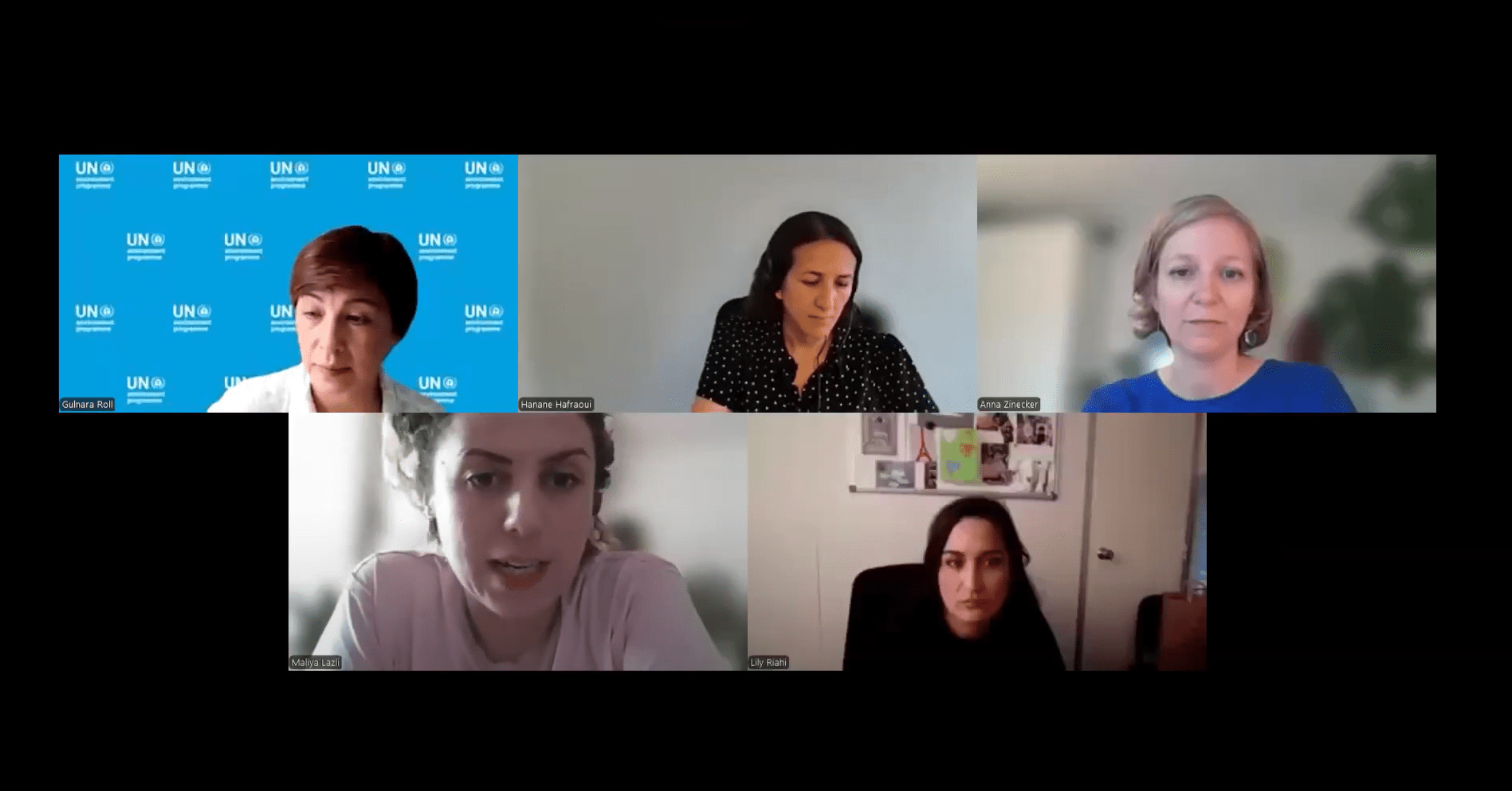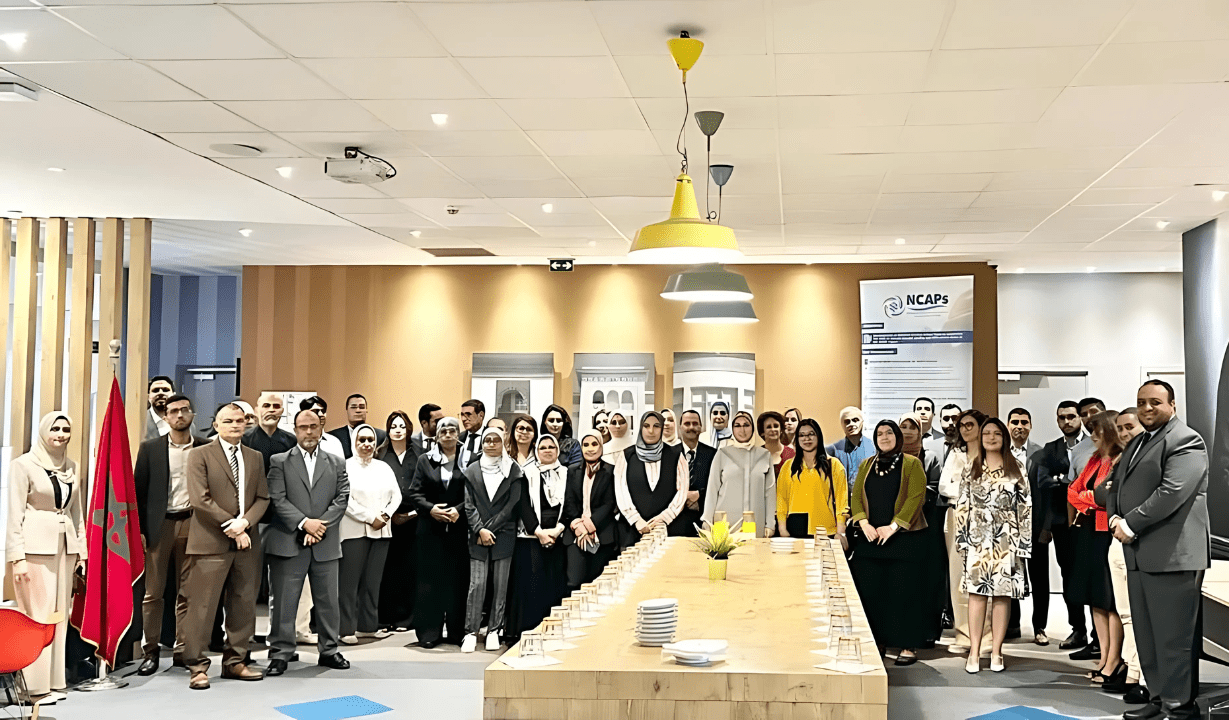
On 12 November 2022, during the 27th Conference of Parties to the United Nations Framework Convention of Climate Change (COP27) in Sharm El Sheikh, Egypt, the UN Environment Programme (UNEP) and the Food and Agriculture Organization of the United Nations (UNFAO) presented their joint report on Sustainable Food Cold Chains: Opportunities, Challenges and the Way Forward at the pavilion of the Italian Government.
The launch of the report which explores the missing links for sustainable development through cold chain included a keynote address by Alessandro Modiano, Special Envoy for Climate Change, Ministry of the Environment and Energy Security, Italy. He stressed the importance of the Rome Declaration on “the contribution of the Montreal Protocol to sustainable cold chain development for food loss and waste reduction” as a political platform for cooperation and action.
At the event, panellists representing various cold chain stakeholders such as AkoFresh, a start-up promoting affordable access to cold chain, and large companies such as Carrier and Danfoss as well as the Agency of Morocco on Energy Efficiency and Robobank, which provides access to finance for cold chains, discussed the report’s findings. A lively discussion followed, with panellists explaining how they address the challenges related to cold chains. Sustainable cold chain, and cooling in general, was featured as a key adaptation strategy in an increasingly warmer world.

The joint UNEP and FAO report was developed by the UNEP Cool Coalition with partners including the Ozone Secretariat and UNEP OzonAction with the support of Italy. The report explores the current status of cold chains based on the review of more than 80 case studies collected from around the world. It also identifies key challenges on the way towards more sustainable and accessible cold chains and makes a series of important recommendations.
“The Montreal Protocol on Substances that Deplete the Ozone Layer – a universally ratified multilateral environmental agreement – can contribute to mobilizing and scaling up solutions for delivering sustainable, efficient and environmentally friendly cooling through its Kigali Amendment and Rome Declaration. Reducing non-CO2 emissions, including refrigerants used in cold chain technologies is key to achieve the Paris Agreement targets” said Inger Andersen, Executive Director, UNEP and QU Dongyu, Director-General of FAO in the joint foreword to the report.
Key recommendations for decision-makers from the report:
- Take a holistic systems approach to food cold chain provision, recognizing that the provision of cooling technologies alone is not enough.
- Quantify and benchmark the energy use and greenhouse gas emissions in existing food cold chains and identify opportunities for reductions.
- Collaborate and undertake food cold chain needs assessments and develop costed and sequenced National Cooling Action Plans, backed with specific actions and financing.
- Implement and enforce ambitious minimum efficiency standards, and monitoring and enforcement to prevent illegal imports of inefficient food cold chain equipment and refrigerants.
- Run large-scale system demonstrations to show positive impacts of sustainable cold chains, and how interventions can create sustainable and resilient solutions for scaling.
- Institute multidisciplinary centres for food cold chain development at the national or regional level.
Sources: UNEP Ozone Secretariat



